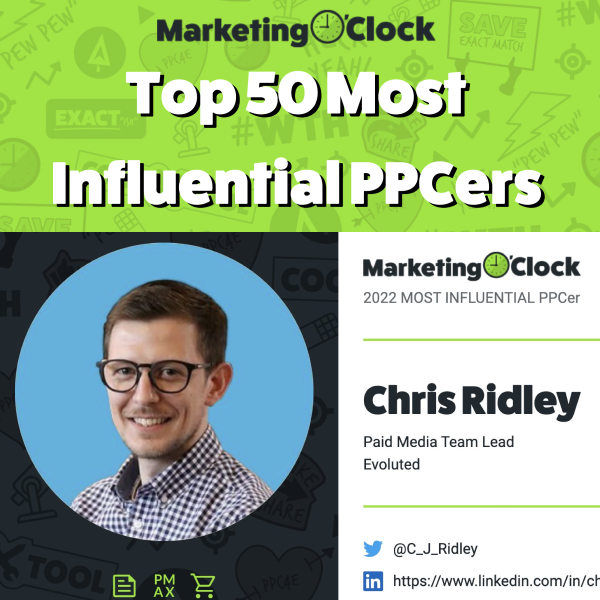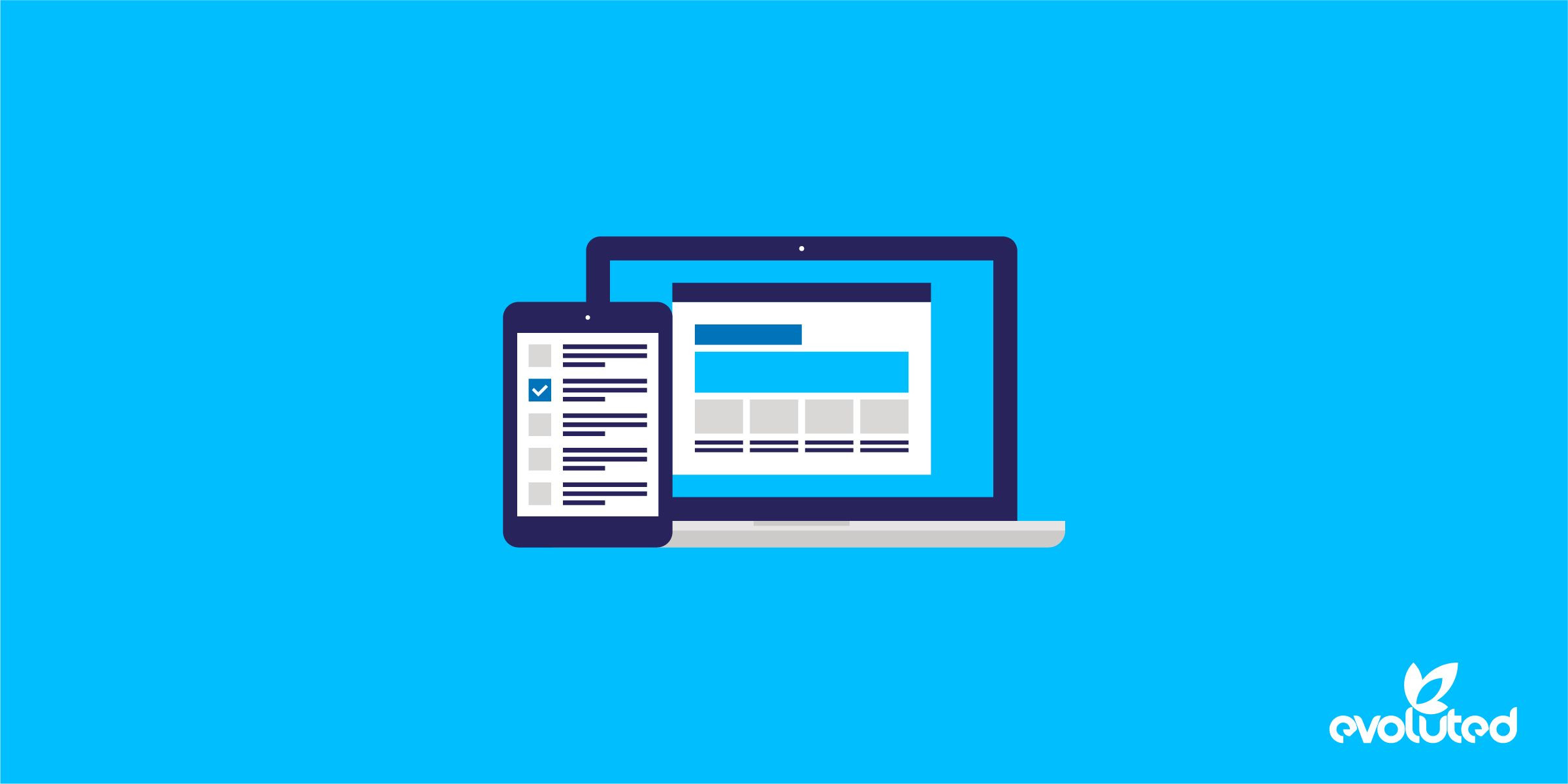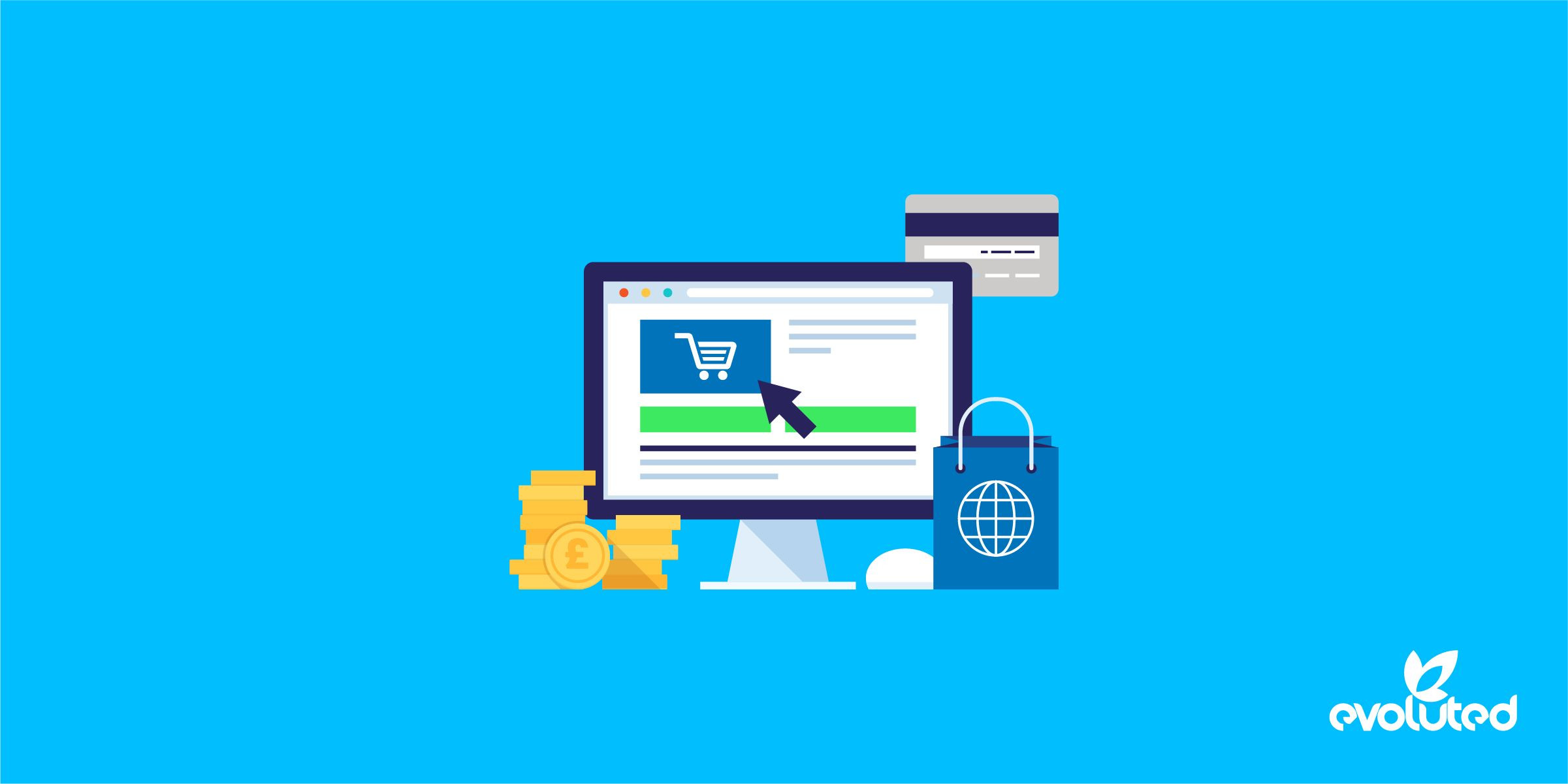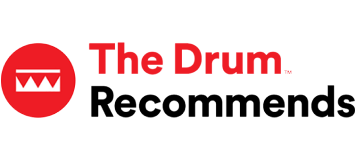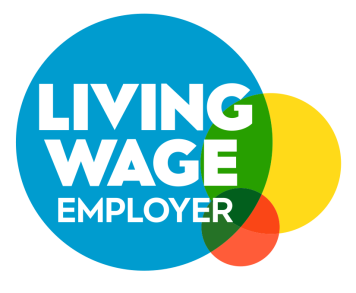A Client's Guide to PPC
PPC (Pay-per-click) advertising has a tremendous range of advantages which make it the first choice for many businesses looking to grow online. Some of these are well known, others are not.
THE ADVANTAGES OF PPC
Immediate and measurable performance/ROI data
Target specific people based on their search activity, online behaviour, demographics, location, interests and more.
Advertisers are only billed when a user interacts with an ad
Flexible and precise spending of budgets
If you are using an agency or PPC professional to help promote your business, a key component for success will be how they manage your expectations. This blog will take you through the key conversations you should have to ensure you are in the loop and kept happy.
1. MAKE SURE YOU UNDERSTAND THE BASICS
First things first: are you clued up on what PPC is and the basics of how it works? If not, this is where you should start. Here are some key points to make sure you are kept aware of.
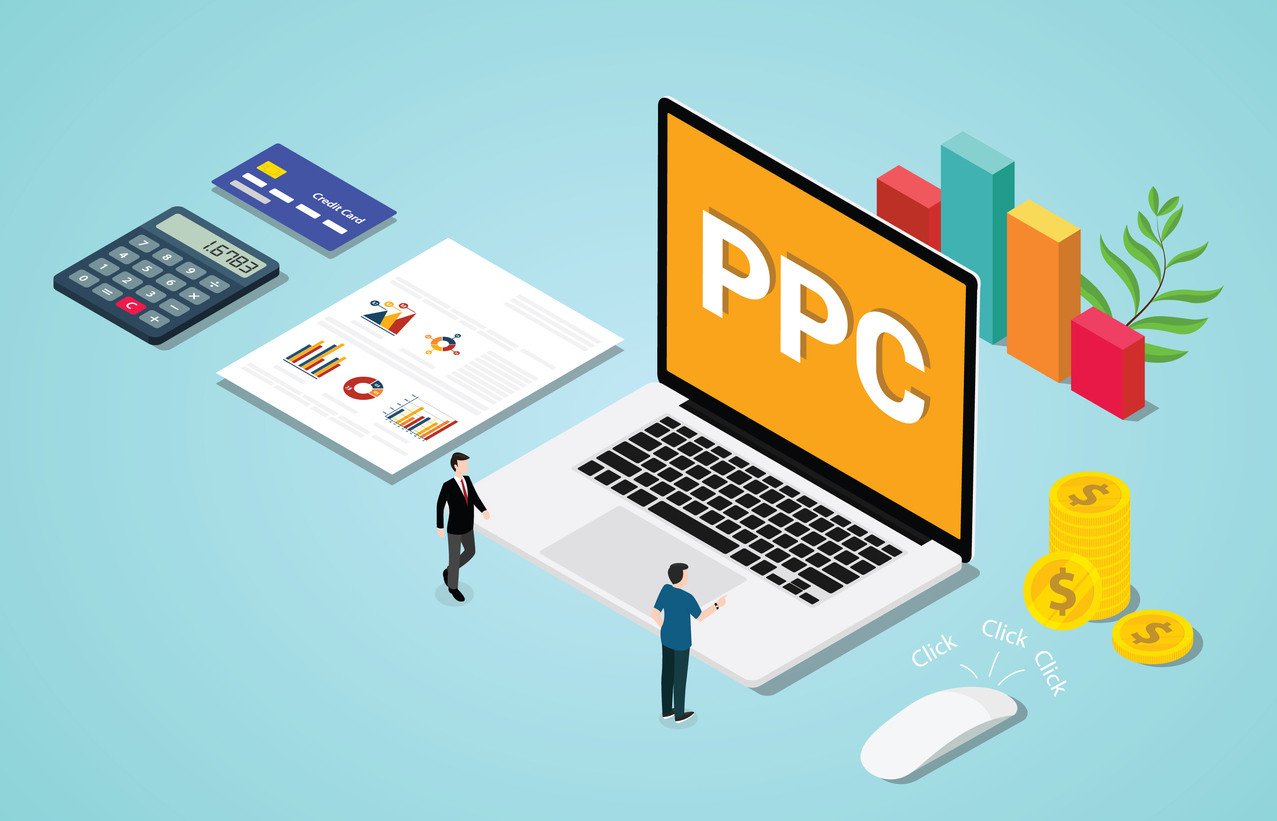
The advertiser account is billed for each individual click. If you get no clicks, you do not pay.
Budgets are changeable on a daily basis, so there is no need to outline a fixed budget structure for long periods. Budgets can be adjusted based on performance.
PPC performance can be heavily influenced by external factors. Like any market, conditions such as weather can make people behave differently online.
2. THE MOST OBVIOUS KEYWORDS AREN’T ALWAYS BEST IN PAID SEARCH
If your business operates in a specific and popular area, it may be tempting to target the most commonly searched queries that it is related to.
Suppose you sell digital cameras. It makes sense to target people searching for “digital cameras”, right? The problem is there will be a massive amount of search volume for these generic terms, as well as countless competitors bidding for them too.
A term like “digital cameras” will also cover countless product types, models and price brackets that you do not necessarily wish to target.
It often makes campaigns more competitive to target lower volume but highly relevant search queries. There aren’t as many potential clicks, but the clicks will be more useful.
3. BE WARY OF PPC JARGON IN REPORTING
PPC specialists will likely be thinking in CTRs, Conversions, Quality Scores, Impression Shares, Bidding Strategies and more terminology that, to clients, could be nonsense.
Make sure your PPC agency explains what the key metrics they are reporting on mean and why they matter. Here are some examples of jargon that could be more useful to you with other terms instead.
Instead of conversions, they should tell you about ‘enquiries’, ‘sales’ or ‘leads’ depending on your business type and goals.
Instead of SERP (Search Engine Results Page), they could report ‘Google Results/Listings’ (or Bing, if that is the search engine you are using).
Instead of CPA (cost-per-action), these should be linked to a specific goal. For example, if the account is driving sales, it is a cost-per-sale that you are interested in.
Cutting out the jargon will add helpful clarity to any reporting you receive and will leave you in a better position to make educated decisions on future strategy.
4. ENSURE YOUR EXPECTATIONS ARE MANAGED
If an agency or PPC freelancer is trying to sell you their services, it may be tempting for them to promise the best case scenarios in immediate performance. As a client, it may also be tempting to take this at face value.

In reality, PPC accounts take time to grow, mature and become optimised based on the data they generate. Being aware of this will help you build a more realistic picture of what is going on for the first few months at work.
5. IN PAID SEARCH, IT’S NOT ALL ABOUT POSITION
If you search for one of your important keywords and find one of your competitors in the top spot, this isn’t necessarily an indicator that this competitor is outperforming you.
An ad in position 1 is likely to get the most clicks due to its prominence but sustaining the top position in a competitive place can inflate costs quite significantly.

In simple terms, it may be more cost-effective overall to appear at position 2 than position 1. Being in the best position every time does not necessarily drive the best performance.
It is because of this that Google has recently decided to scrap their long-standing "Average Position" metric in favour of more accurate and relevant measuring.
6. A BAD MORNING DOESN’T ALWAYS NEED AN IMMEDIATE RESPONSE
Periods of bad performance can happen when managing a PPC campaign. This could mean a day occurs when fewer conversions come through than expected or the cost-per-conversion spikes.
There are a number of reasons why this can happen, and there may be external factors at play, such as weather or other world events. It may also be a pure anomaly.

It may be troubling to see this, and it may be tempting to request immediate action to identify and tackle the issue. Reacting to blips in performance with large changes can actually do more harm than good.
When managing bids and other settings, it is important to do this based on statistically significant data. This means looking at averages over a longer period of time, such as a week or two. A poor day’s performance is not always an indicator of a wider problem.
7. MAKE SURE YOU UNDERSTAND THE RULES OF BRAND BIDDING
If your company has a well-known name in the industry, there is a good chance competitors will bid on your brand at some stage.

This is a frustrating thing to see for any business owner and almost feels like your traffic is being stolen, but here’s what you need to know about competitor brand bidding in Paid Search:
Google will not stop advertisers targeting another brand as a keyword. This is considered fair game and this unlikely to change any time soon.
What they won’t allow is competitors pretending to be you by putting false brand names in ads.
Your competitor might not be deliberately targeting your brand – they could be targeting generic, broad match search terms that pick up your ads.
If you need any assistance in dealing with competitors bidding on your brand, you can read our blog on the subject.
8. VANITY METRICS: MAKE SURE YOU GET REPORTS ON WHAT IS RELEVANT
There are lots of different metrics that can be measured in PPC. Not all of these are necessarily relevant to you. Depending on your goals, you should ensure whoever is managing your PPC account understands what the key performance indicators for you are.
WHAT ARE VANITY METRICS?
Vanity metrics are metrics which look impressive at face value but bear little relevance to your overall goals. They are often cited in the absence of positive stats in more important areas, sometimes as a way of softening the impression of poor performance.
SUMMARY
PPC is a fantastic marketing tool that can help you advertise to people in an immediate, cost-effective and data-driven way. You will have access to a wide range of performance metrics, so you can measure every component of a campaign to ensure it is optimised to your business goals.
We hope this guide has been helpful to you in understanding what PPC offers and what you should expect from those you outsource to.
Of course, if you would like to see how Evoluted can help you grow your business through PPC, please feel free to make an enquiry.


